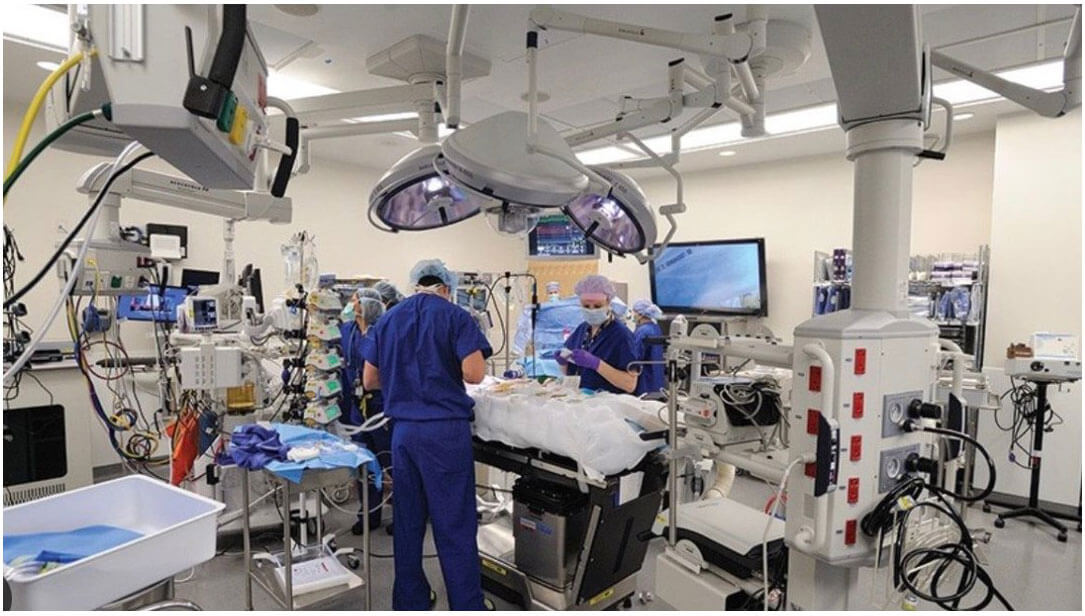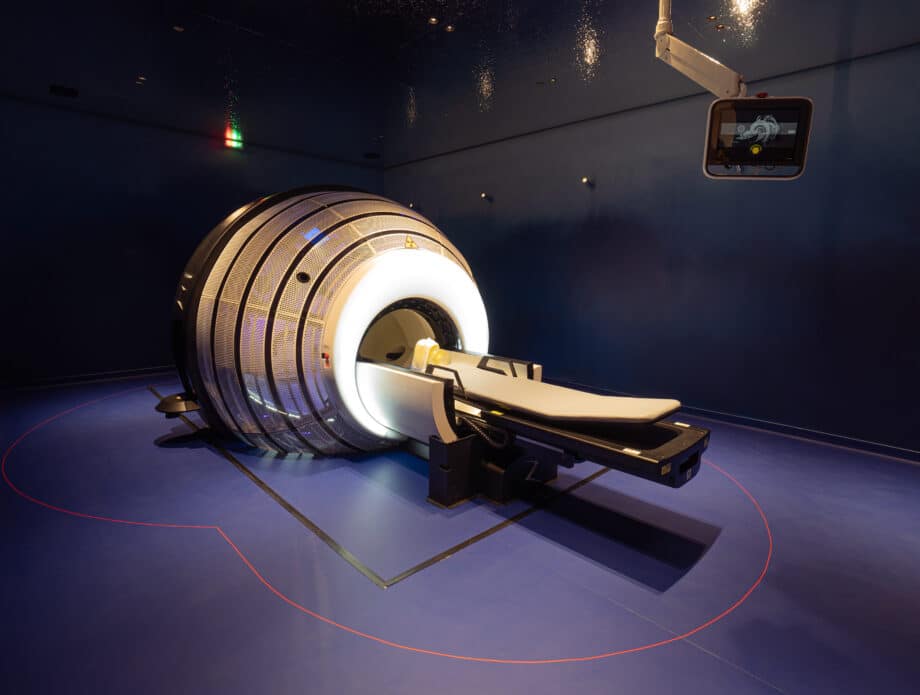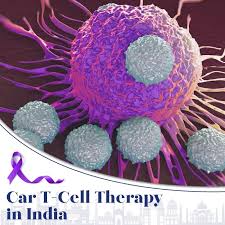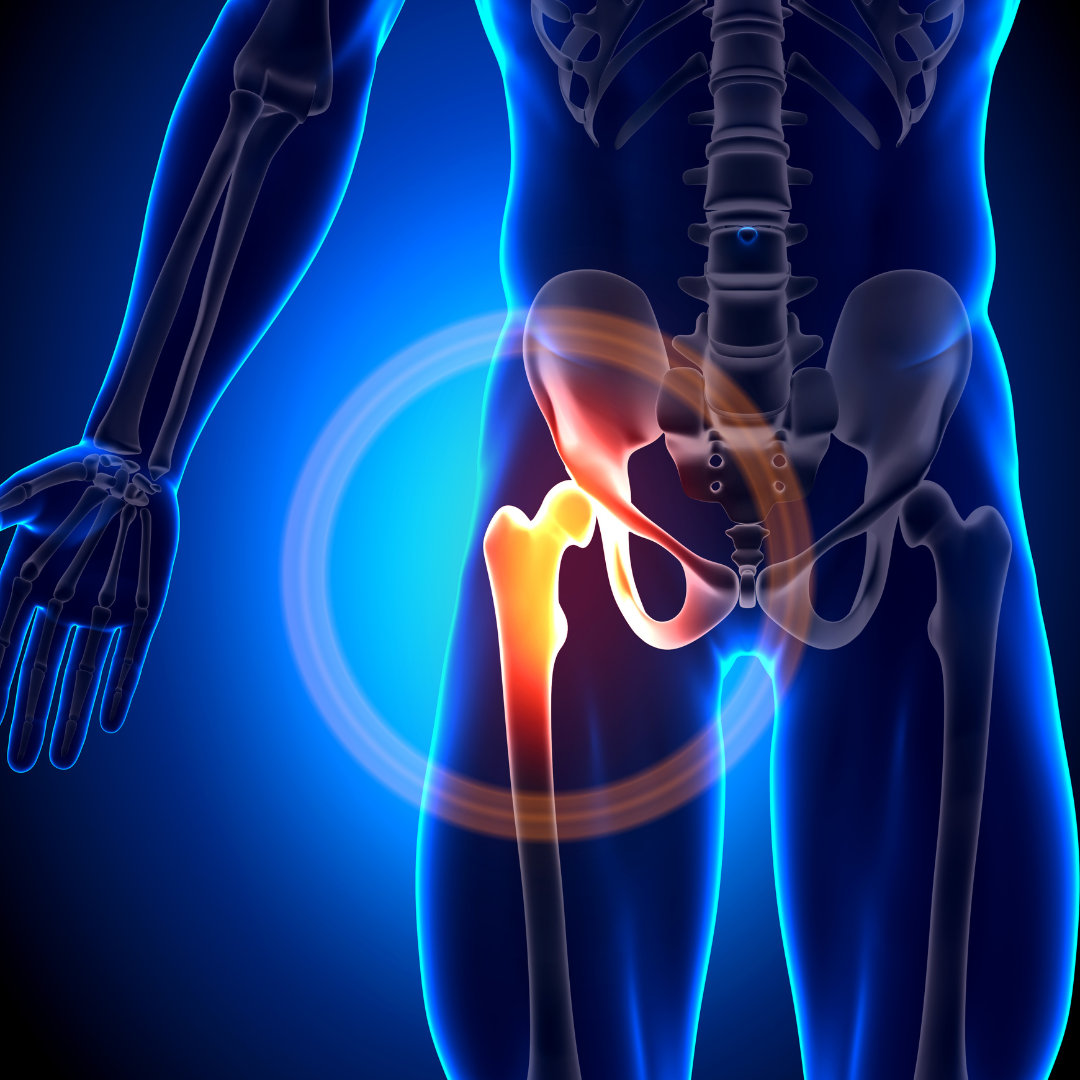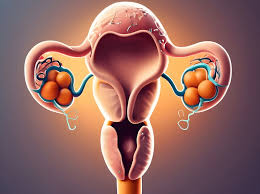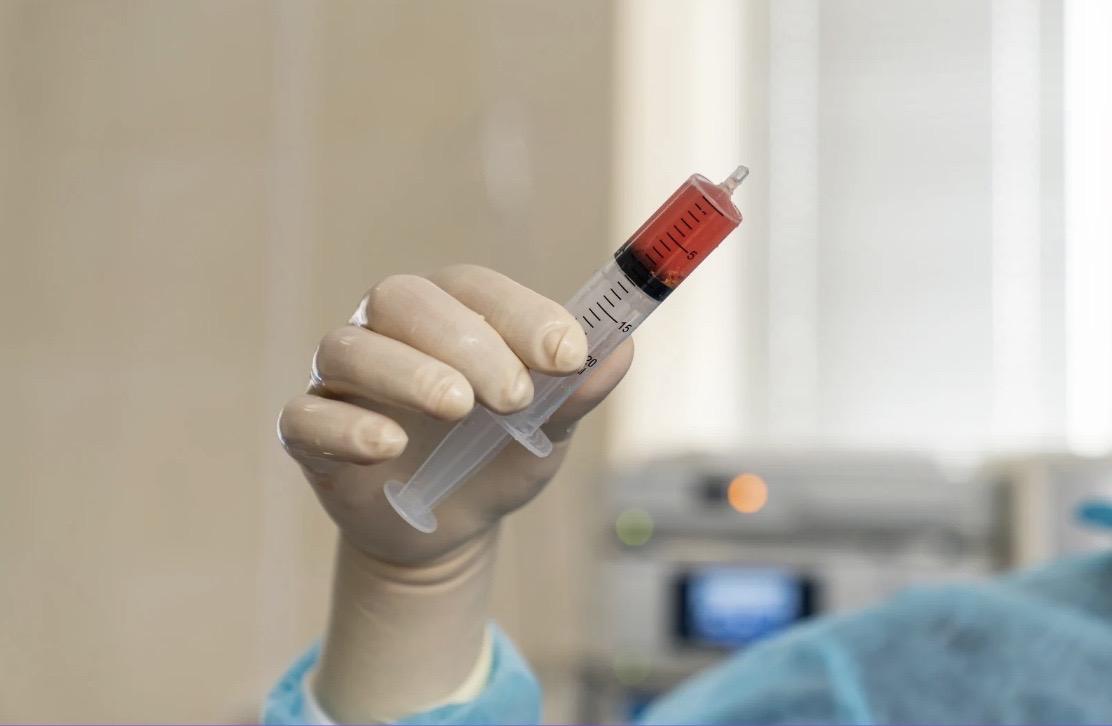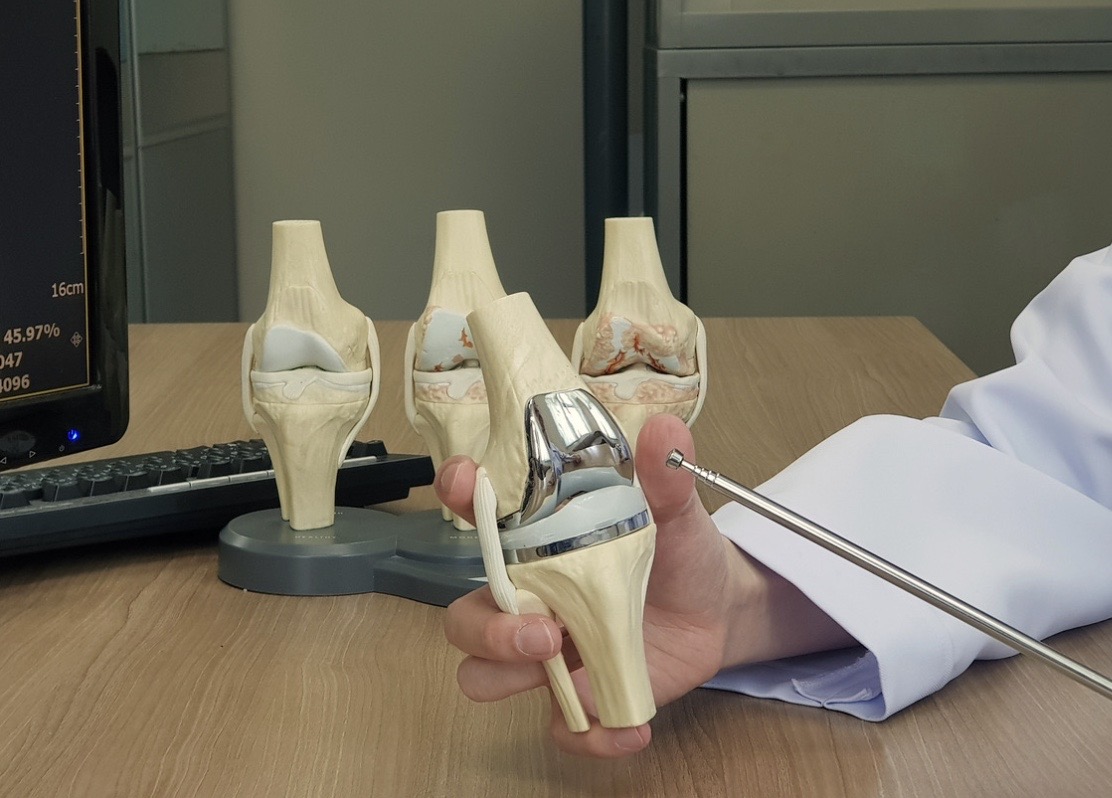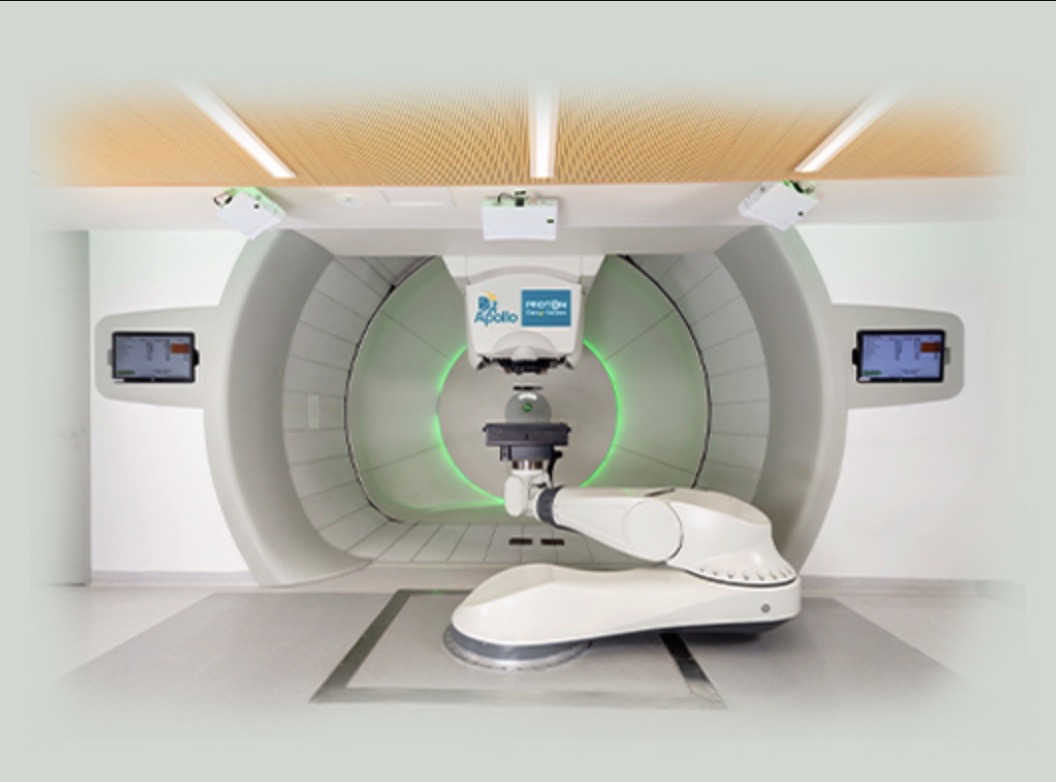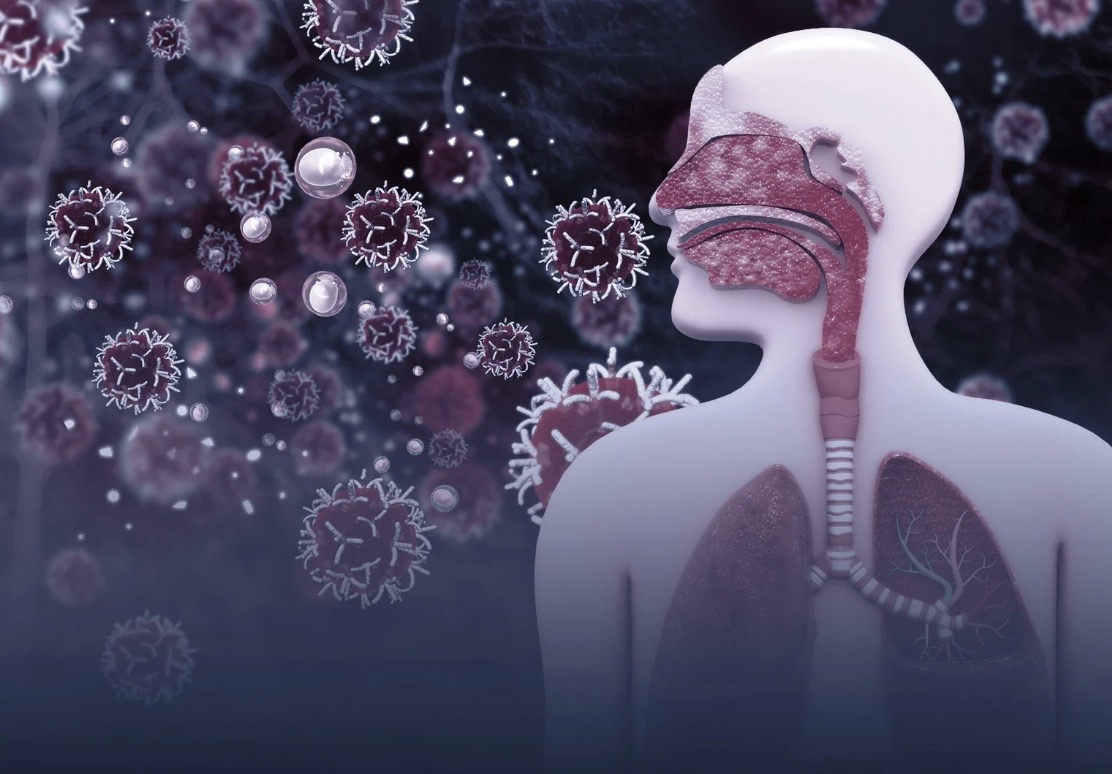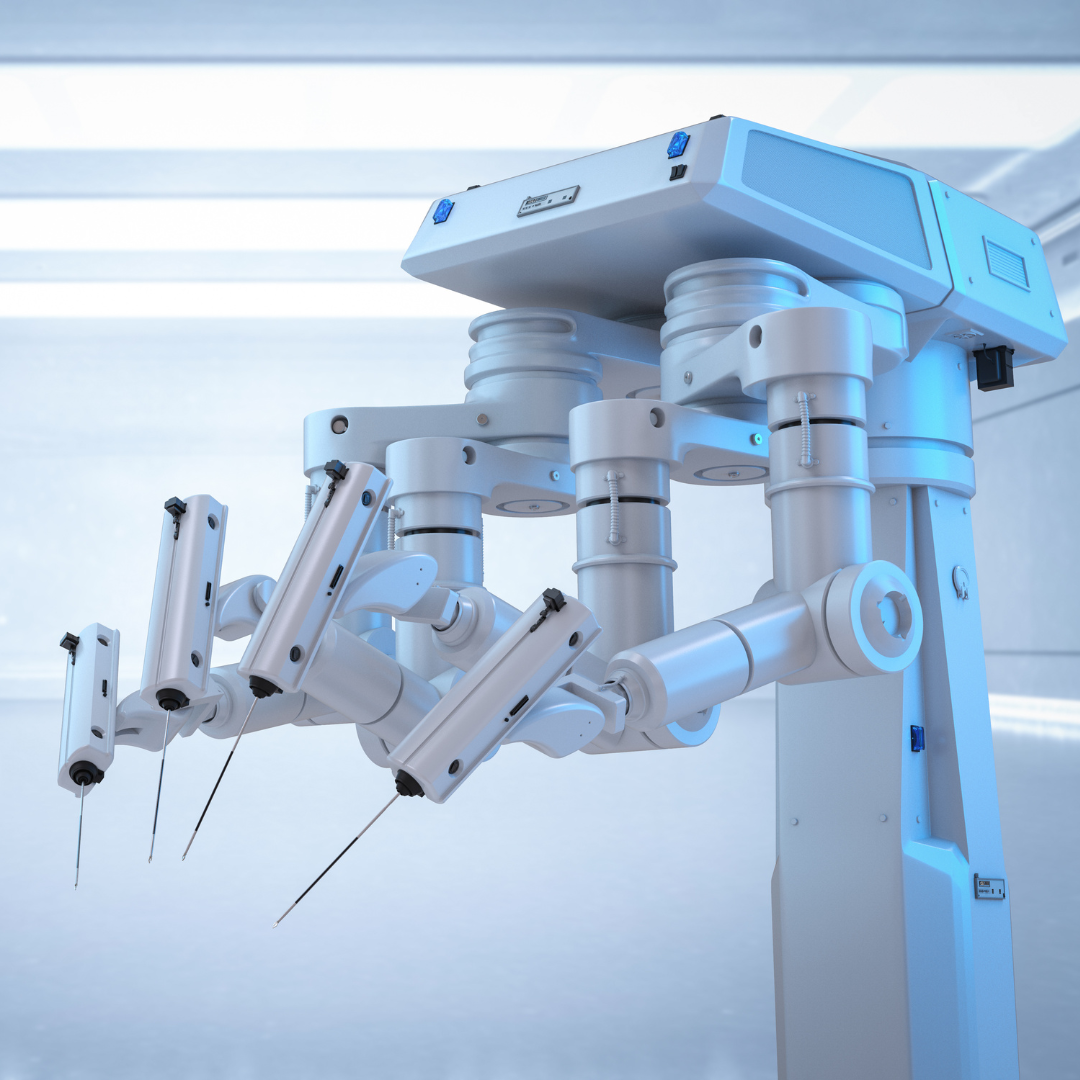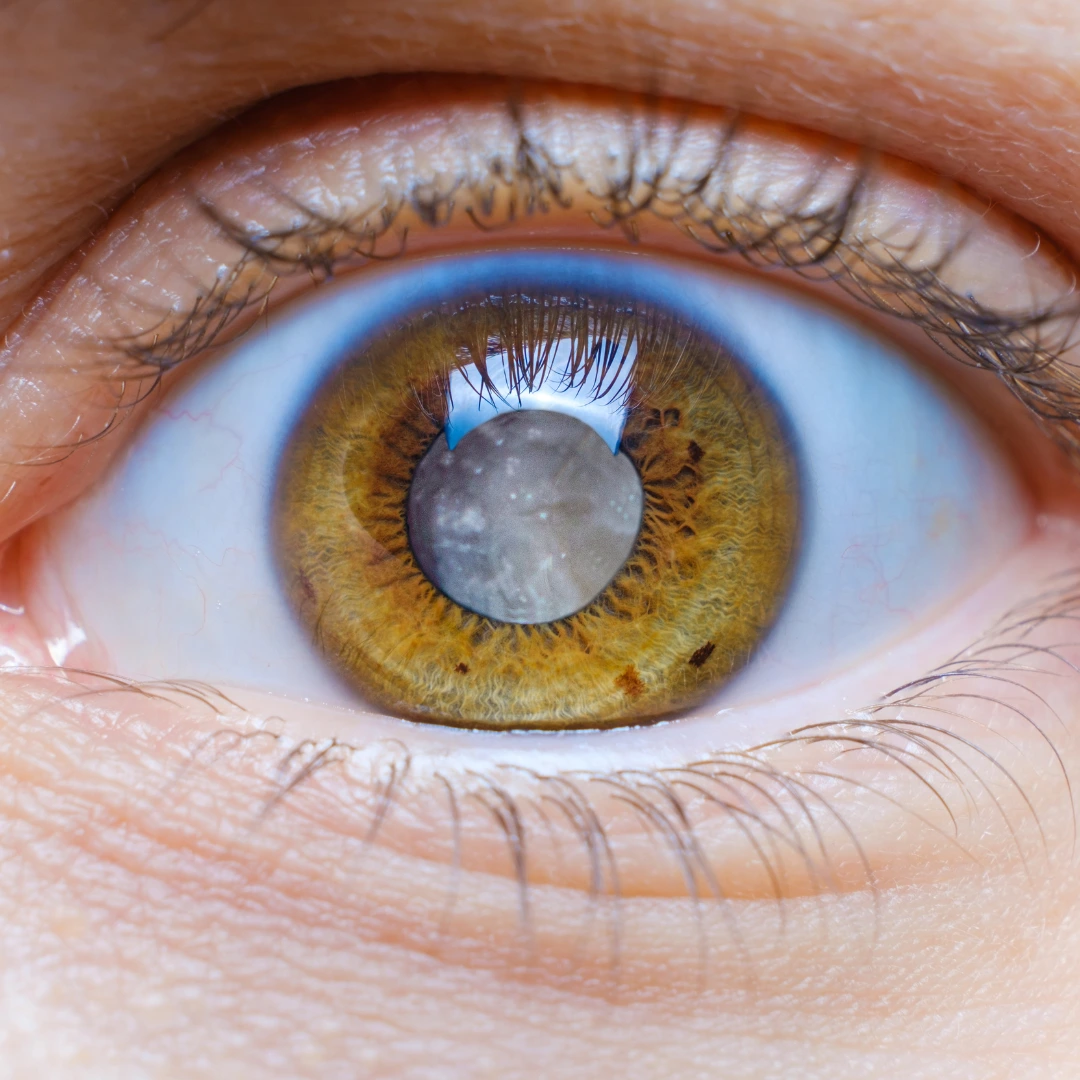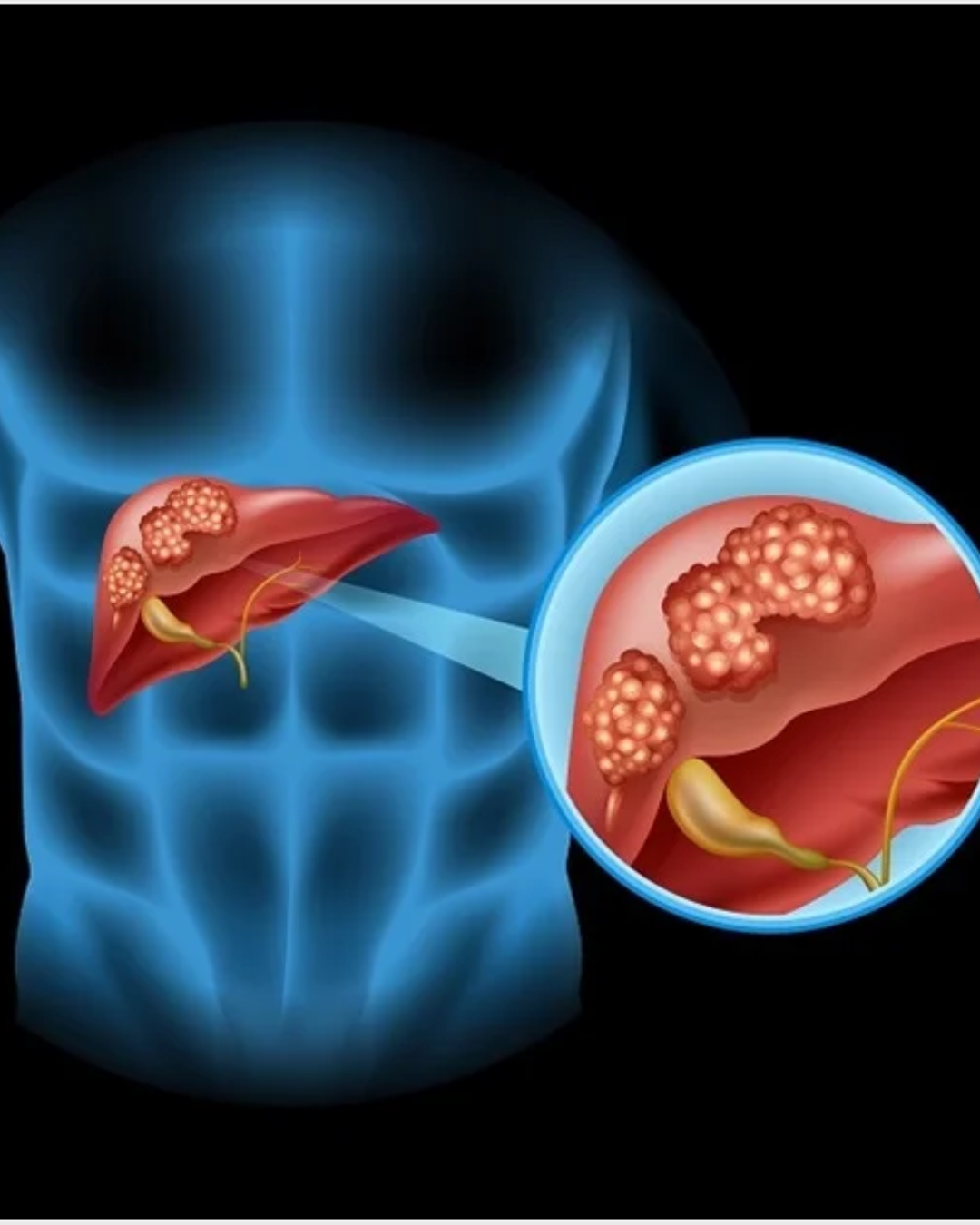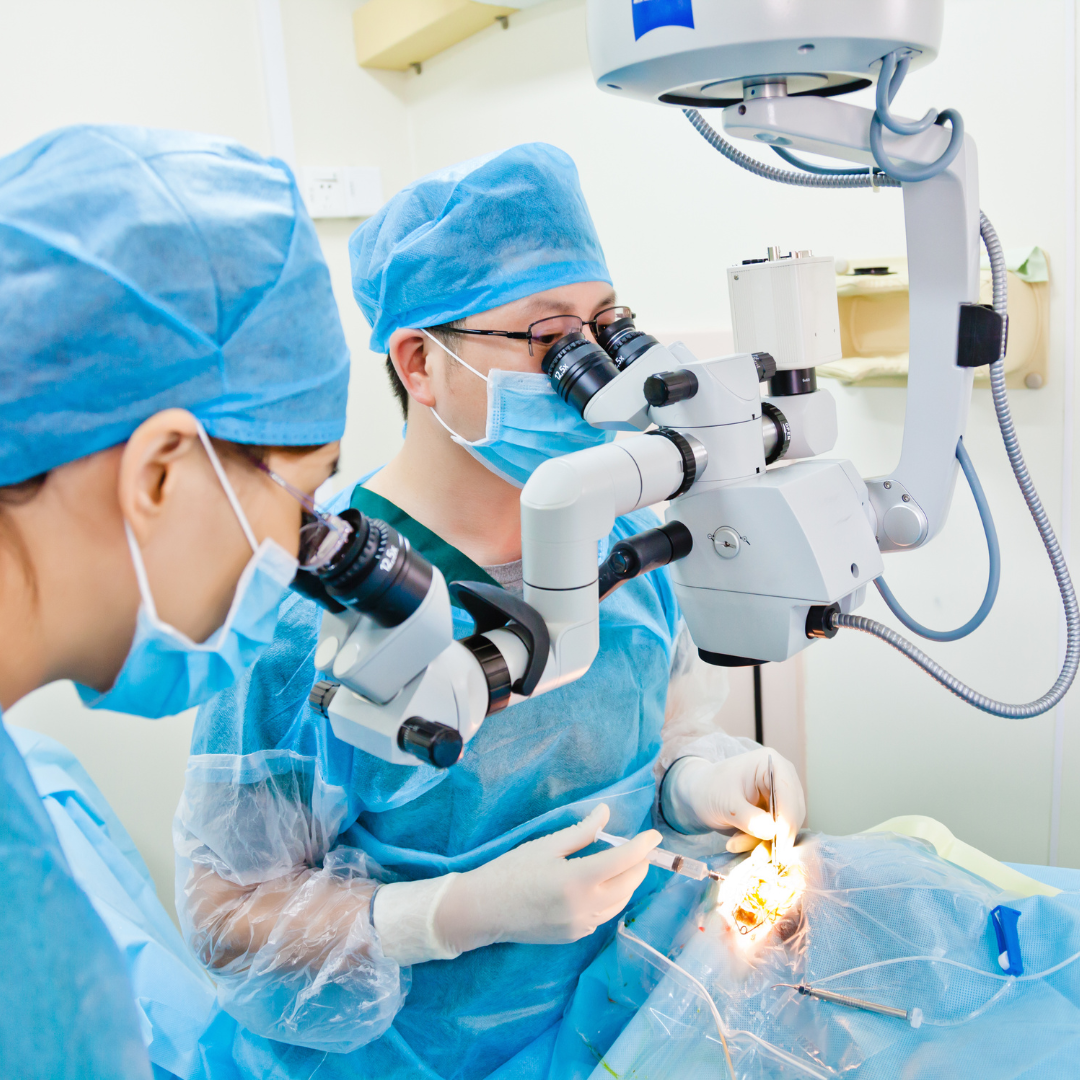
Thyroid Cancer: Causes, Symptoms, Diagnosis, and Treatment
Thyroid cancer is a kind of sickness that begins in the thyroid gland; the endocrine system is a collection of glands, including pituitary, glands, parathyroid, adrenal, cardiovascular, and respiratory systems, energy metabolism, heart rate, and body temperature regulation. Even though thyroid cancer is quite a shocking diagnosis, the condition is not usually fatal and there are many ways to tackle it in the present treatment for thyroid cancer. In this article, you will be able to obtain information on thyroid tumor symptoms, treatment for thyroid cancer, and the different forms of thyroid cancer including anaplastic thyroid cancer.
Types of Thyroid Cancer
Based on the types of cells involved it is categorized:
Papillary Thyroid Cancer: This is the most common skin cancer type that is usually only slowly developing, but is sensitive to treatments, and accounts for about 80% of all skin cancer cases. This form is most commonly seen in the lymph nodes and has been rarely known to be fatal.
Follicular Thyroid Cancer: It affects about fifteen percent of cases and has the potential to affect organs such as the lung, which makes it difficult to manage.
Medullary Thyroid Cancer: Found in 2% of cases, it can be inherited, and linked to specific gene mutations such as MEN2A or MEN2B.
Anaplastic Thyroid Cancer: This type is said to be the worst of all the types; it does not occur frequently, does not spread fast, and is difficult to cure.
Stages of Thyroid Cancer
Thyroid cancer is classified into stages I-IV with higher numbers of course indicating worse spreading of the tumor. The last may involve regional lymph nodes, bones, or organs for which early diagnosis is crucial.
Thyroid Tumor Symptoms
A neck mass can be described as a lump or cancerous growth that is felt on the neck.
Hoarseness or voice changes
Difficulty swallowing
Neck or throat pain
Enlarged lymph nodes
Persistent fatigue
Weight loss
Causes and Risk Factors
While the exact causes remain unclear, certain factors increase the risk of developing thyroid cancer:
A particular one was a history of thyroid diseases in the family.
Endocrine tumors of the familial hyperplasia syndromes including MEN 2A and MEN 2B.
Low iodine levels
History of radiation exposure
Obesity and high BMI
Diagnosis of Thyroid Cancer
India's best hospitals utilize a combination of advanced diagnostic techniques to identify thyroid cancer:
Blood Tests: Ensure that the level of the thyroid hormones has been checked.
Fine-Needle Aspiration Biopsy: Examines the thyroid nodules or lymph nodes to find out if a person has a cancerous growth.
Imaging Tests: In CT or MRI or PET the technologies aid in the identification of the position and size of the tumor.
Radioiodine Scan: To find out the role of the thyroid gland the patient has to undergo a radioactive iodine test.
Treatment for Thyroid Cancer
The treatment of the lesion will be guided by the type of the tumor, grade, or stage of the tumor respectively. India's best hospitals offer cutting-edge therapies:
Surgery: The first intervention plan is thyroidectomy which is define as the surgical operation or partial or total removal of the thyroid gland.
Radioiodine Therapy: In the treatment of thyroid tissue or thyroid cancer cells it is used together with large doses of radioactive iodine.
Radiation Therapy: It either employs external or internal radiation to eliminate the possible cancer cells.
Hormone Therapy: Prevents cancer growth of hormone-stimulating cells by allowing curtailment.
Chemotherapy: Reserved for use in cases of complete response to the above agents or anaplastic thyroid cancer.
Complications and Risks
Thyroid cancer metastasizes to any distant site like the lungs, bones, or any other organ in the body. All these risks can be greatly minimized if cancer is detected at an early stage and the right treatment for thyroid cancer is commenced at the earliest. However 30 percent of them may have a recurrence, and they need monitoring whilst on hormones for the rest of their lives.
India's best hospitals in the treatment of thyroid cancer
Treatment for thyroid cancer in India's best hospitals where they have all the facilities which are available in any other developed nation. This is so because of these facilities; expert medical teams in India look after their patients. From thyroid tumor symptoms to quality treatment for thyroid cancer including the most challenging anaplastic thyroid cancer, these India's best hospitals are assured of bringing international standard results.
Conclusion
Thankfully, one is able to know when they have contracted thyroid cancer and if the cancer is detected early enough chemotherapy is effective. India's best hospitals provide proper treatment for thyroid cancer, new methods, and consultation services for thyroid tumors.


